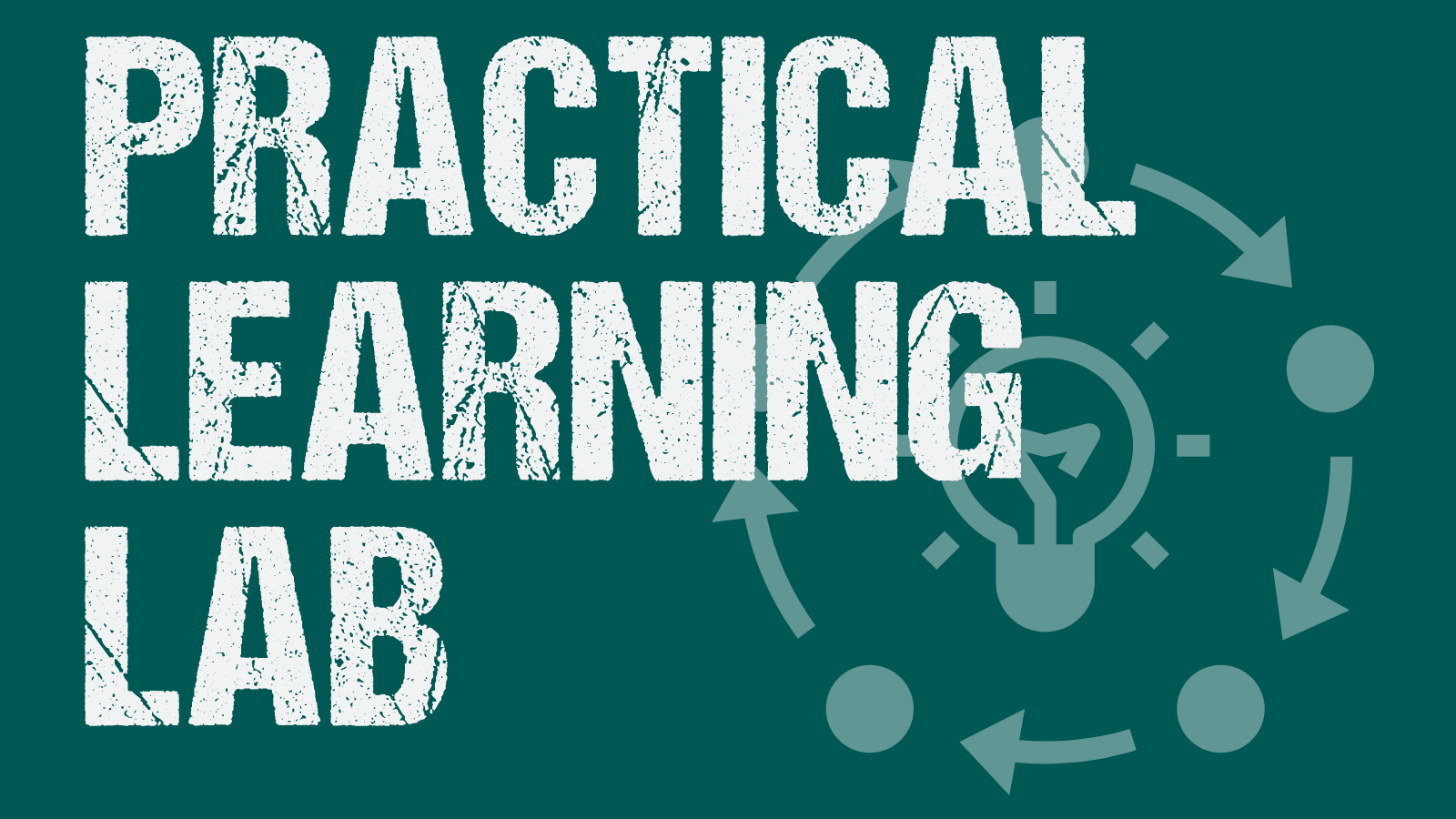- This event has passed.
Virtual Event – Mastering Public Defense Workloads Strategies: Through Practical Learning Labs

Price
Featuring (in alphabetical order)
Robert Boruchowitz, Professor at Seattle University School of Law and Former Director of The Defender Association
Heather Cessna, Executive Director of the Kansas State Board of Indigents’ Defense Services
Kawan Clinton, Deputy Attorney in Charge of Manhattan Criminal Defense Practice at the Legal Aid Society
Danny Engelberg, Chief District Defender, New Orleans
Mary Fox, Missouri State Public Defender Director
Molly Gilbert, Investigator & President of a Union Chapter of both Line Attorneys and Staff, KCDPD/SEIU, Seattle, WA
Stephen Hanlon
Mano Raju, San Francisco Public Defender
The National Association for Public Defense is proud to present a comprehensive 90-minute program designed to enhance your knowledge and skills in the field. Through a unique learning lab model, our expert presenters will deliver concise 10–15-minute demonstrations, providing you with practical insights and strategies for effective public defense. Note: There will be two-40 minute sessions.
Join us as we dive into the intricacies of the profession, equipping you with valuable “how-to” techniques that can transform the way you navigate the boardrooms, courtroom, budget presentations, and more. From preparing compelling written press releases to leveraging the newly released workload study and data to increase capacity and/or funding, this program promises to empower you with the tools necessary for success.
Don’t miss this opportunity to advance your career in public defense. Register now for our immersive learning lab experience: “Mastering Public Defense Strategies.”
NAPD is committed to supporting members as they develop responses to the ongoing crises of excessive workload, threats to independence, inadequate compensation, and staff attrition. The publication of the new National Public Defense Workload Study provides a great opportunity to transform the conversation about public defense and can be a catalyst for significant change.
As NAPD said when the study was released, this milestone “study gives public defenders across the country, including in your community, a tool for evaluating current personnel needs. When compared to local data, the study’s recommendations are likely to show that the demands of mass criminalization far outstrip the supply of available defenders.”
NAPD’s Workload Committee is organizing this Learning Lab to provide defenders an opportunity to discuss how to use the Study to advocate for additional funding and for the expansion of diversion programs that can reduce the demand for appointed counsel. Topics for discussion will include how to develop and present a budget request, how to support requests for additional funding, how to work with community partners to develop political support, and how to prepare op-eds and press releases about key elements of defenders’ needs. In addition, there will be discussion on how to determine whether and when to declare unavailability to accept additional cases and how to prepare for possible motions or other litigation related to workload. There will be plenty of opportunities to share ideas in small group settings and to request assistance from Workload Committee members after the Learning Lab ends.
The Workload Committee members include current and former defender managers from across the country from a variety of types of defender programs and are familiar with NAPD policy statements and national standards, including the ABA’s Eight Guidelines of Public Defense Related to Excessive Workloads. They have offered to provide advice to defenders facing workload challenges.
Learning Lab Format:
This 90-minute program will have two 40-minute sessions. The model being utilized is a learning lab. Presenters will provide a 10–15-minute presentation that provides participants with a “how-to” demonstration. A learning lab can be defined as a hands-on interactive session where participants actively engage in practical exercises or experiments to enhance their learning experience.

